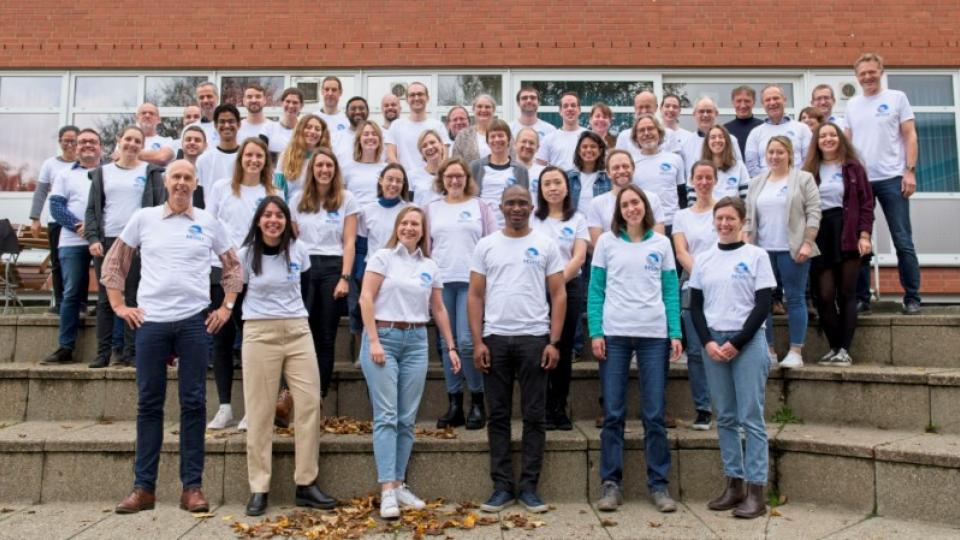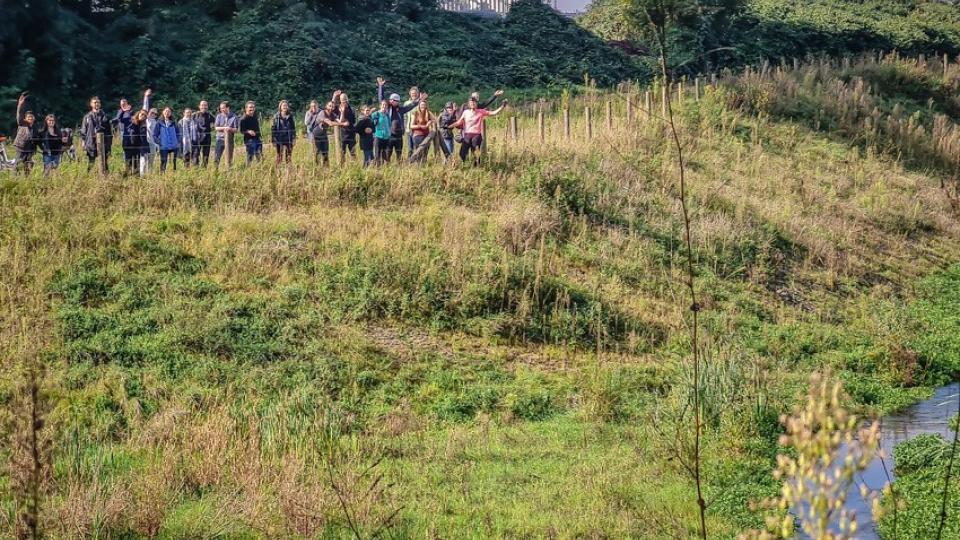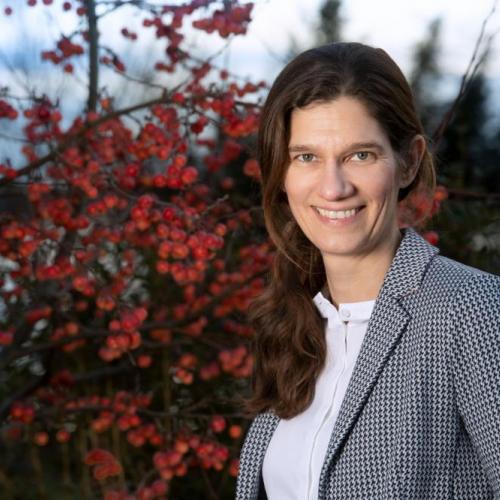Multilevel REsponse to Stressor Increase and release in STream ecosystems (RESIST, CRC 1439)
Short profile
Duration
RESIST Phase 2 started on 01.01.2025. In the ongoing work for Project A15, scalable joint species distribution models (sjSDM) are currently being tested for fish and macroinvertebrates in the Kinzig catchment. Current analyses involve evaluating different sets of abiotic predictors and assessing model configurations with and without the inclusion of 'Year' as a covariate. Both random and temporal data splits (2021–2024) are being applied to examine model performance. Diatom data will be included in future analyses once data preparation is complete.
RESIST Phase 1 aims to understand and explain the mechanisms underlying the degradation of and recovery from multiple stressors in stream ecosystems. We propose and will test a novel theoretical framework to disentangle various mechanisms causing stressor interactions during phases of ecosystem degradation and recovery: the ‘Asymmetric Response Concept’ (ARC). We will implement concerted experimental approaches that are designed to effectively combine experiments, field studies and modelling. This allows to disentangle intricacies of response for a wide array of organisms, ranging from bacteria to fish, and for four ecosystem functions.
A15.
This project aims to advance modelling approaches by the involvement
- of environmental predictor (stressor) interactions,
- life cycle related habitat use, and
- asymmetric recovery patterns.
We will first set up basic species distribution models (SDMs) for selected species of diatoms, invertebrates, and fish, i.e. organism groups central to RESIST. Using these SDMs, we will test if considering the interaction of environmental variables and stressors as predictor variables will affect modelling results and to what extent. We further aim to develop an SDM framework covering different life stages of selected invertebrate species, e.g. considering the use of both instream and terrestrial habitats. We hypothesize that such revised models will enhance the predictive capability and accuracy of SDMs.

2nd annual RESIST meeting. Photo: Christian K. Feld

Visiting the Boye during the 1st Doctoral Summer school. Photo: Christian K. Feld

Deutsche Forschungsgemeinschaft (DFG) https://www.dfg.de/



